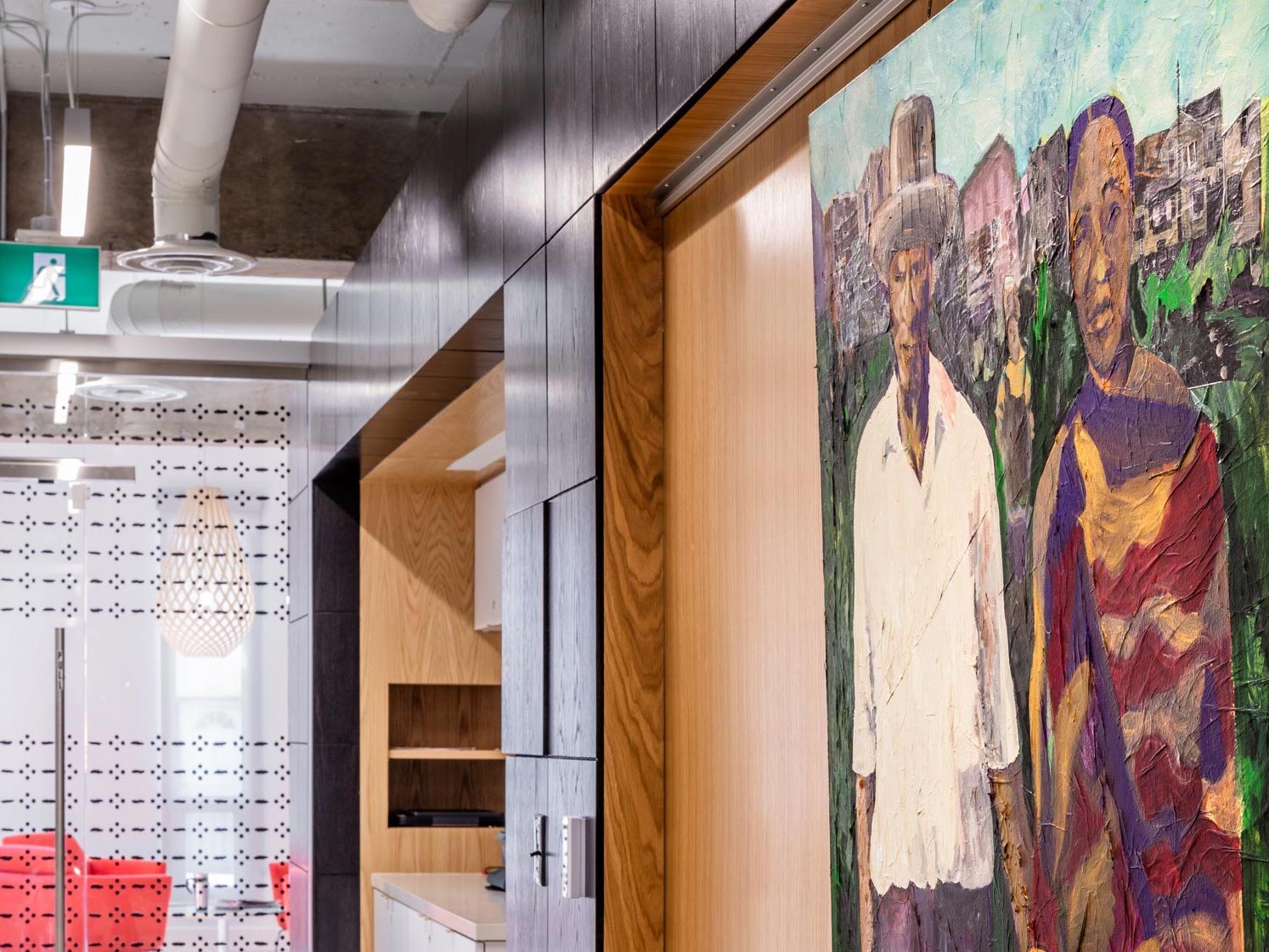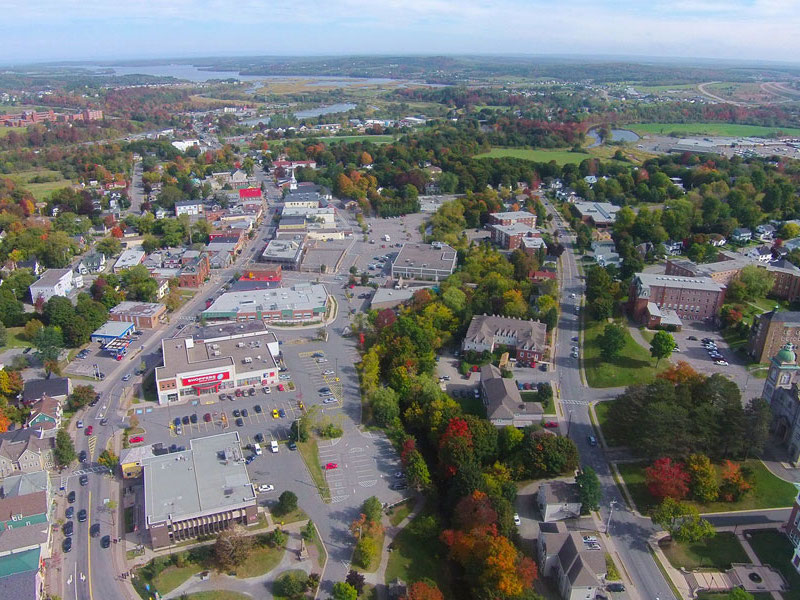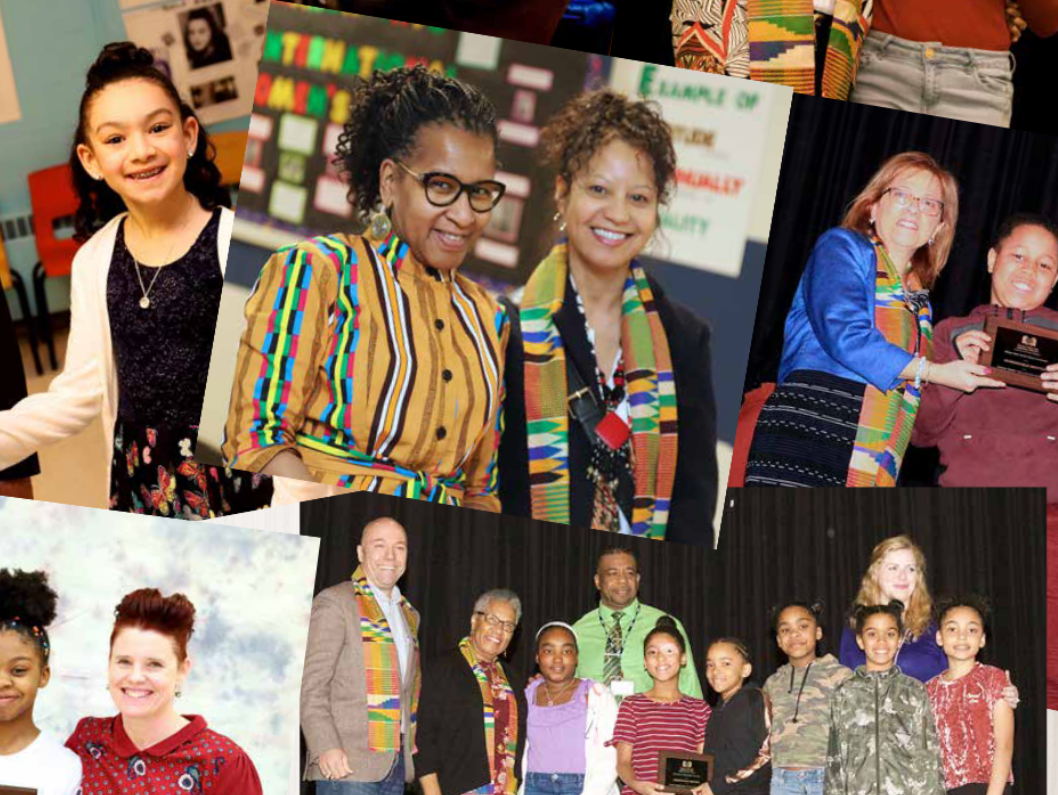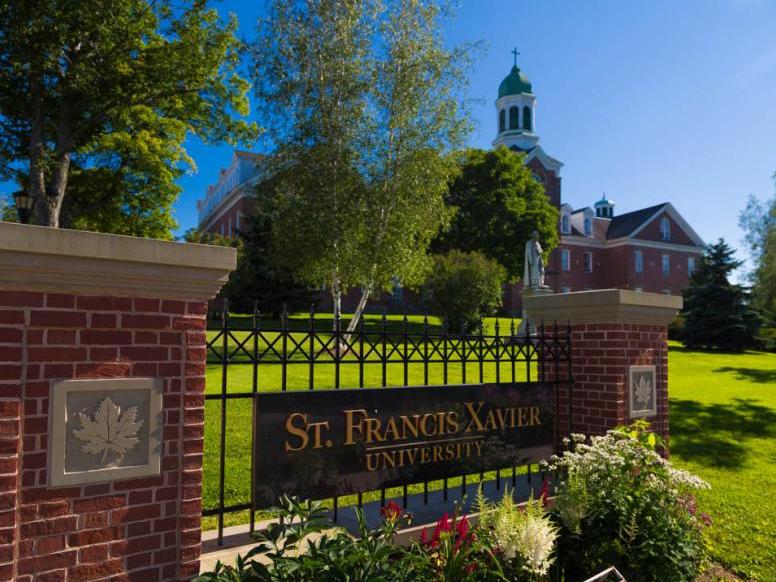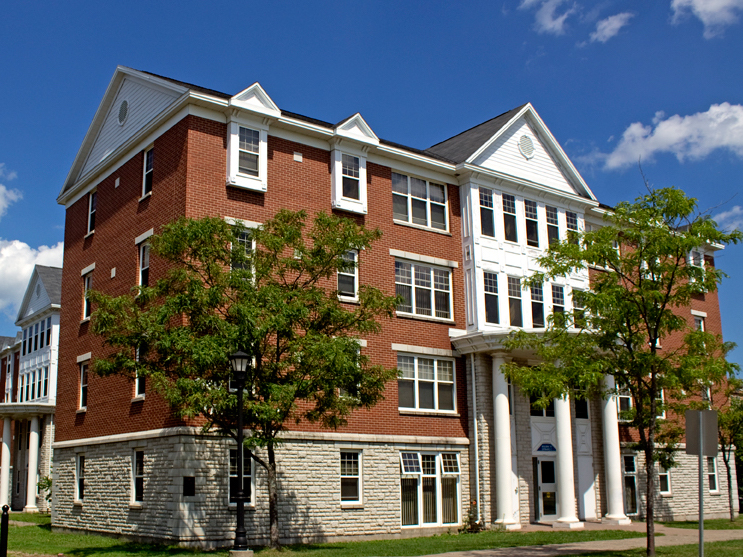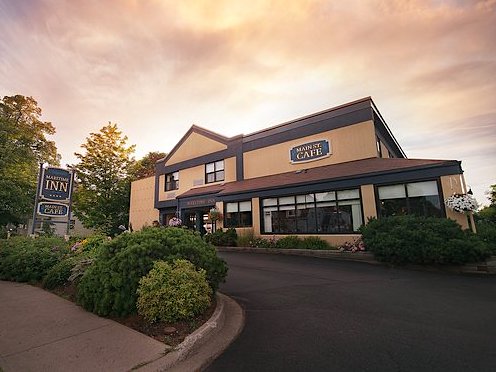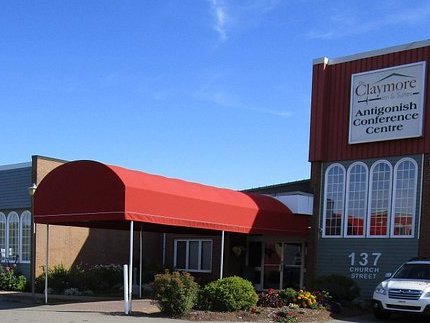About This Event
The Delmore "Buddy" Daye Learning Institute (DBDLI) is a unique Non-for-Profit Africentric institution in Canada engaging Black Communities and Africentric researchers to help develop resources and policies to inform inclusive transformative system changes. The Institute works directly with African Nova Scotian / Canadian organizations, communities, government partners, and educational institutions to identify, develop and implement educational and community capacity enhancement policies, programs and services. DBDLI in collaboration with St. Francis Xavier University, Antigonish, Canada and the University of Venda, South Africa invites scholars, educators, researchers, students, community activists, and advocates to submit abstracts for the 2 nd Africentric Conference 2023 titled “Transformation through Ubuntu: An Africentric Perspective”.
Where
St. Francis Xavier University, Antigonish, Canada
(The conference will take place in a dual mode: In-person and virtual)
When
Thursday to Saturday
May 25th – May 27th , 2023
Topics
The Covid-19 pandemic has highlighted the urgent need to transform our healthcare and other development systems through our understanding of the relational nature of mankind and the interconnectedness among people. As we move to a post-pandemic era, we contend that building these systems would require adopting Ubuntu mindset policies and practices to drive and create inclusive communities and workplaces. Ubuntu, an Africentric philosophy, which means "I am because we are", highlights interdependence and interconnectedness as values central to human existence. In line with the Ubuntu theme, the 2nd Africentric conference seeks to explore and critically examine the concepts of Ubuntu as they relate to Africentric perspectives on education, health, cultural restoration, and system transformation.
The conference aims to engage participants in discussions that center on Africentric knowledge, epistemologies, and ontologies to achieve system transformation that is inclusive, equitable, and culturally responsive. The conference welcomes abstracts that align with any of the following sub-themes:
Africentric education: The conference invites abstracts that explore the impact of Africentric education on Black learners' academic and social success. We encourage submissions that discuss the value and importance of culturally relevant and sustaining pedagogies in fostering academic excellence, community engagement, and cultural pride.
System transformation: The conference invites abstracts that critically examine how Ubuntu can be used to promote system transformation in education, health, social, and economic sectors. We invite submissions that address the issues of anti-Black racism, systemic discrimination, and marginalization of Black communities and offer transformative solutions to promote equity, inclusion, and social justice.
Africentric cultural restoration: The conference invites abstracts that explore the role of Ubuntu in restoring Africentric cultural practices and knowledge systems. We encourage submissions that discuss the importance of cultural restoration in promoting self- determination, community empowerment, and resilience.
Africentric innovations, community engagement and advocacy: The conference invites abstracts that address the importance of Africentric innovations, community engagement and advocacy in promoting Ubuntu-inspired system transformation. We invite submissions that discuss community-led initiatives that center Africentric perspectives, and that promote equitable access to resources and services.
Intersectionality and Africentricity: The conference invites abstracts that explore the intersections of Africentricity with other identity markers, such as gender, sexuality, class, and ability. We encourage submissions that address the complexities of navigating multiple identities within an Africentric framework and offer solutions for promoting equity and inclusion.
Africentric evaluation, evidence, and social impact: The conference invites abstract that addresses that significance of Afri-based evidence, impact investing, monitoring, evaluation and impact in society.
Other related themes: The conference will also accept abstracts related to other Africentric themes.
Event Speakers
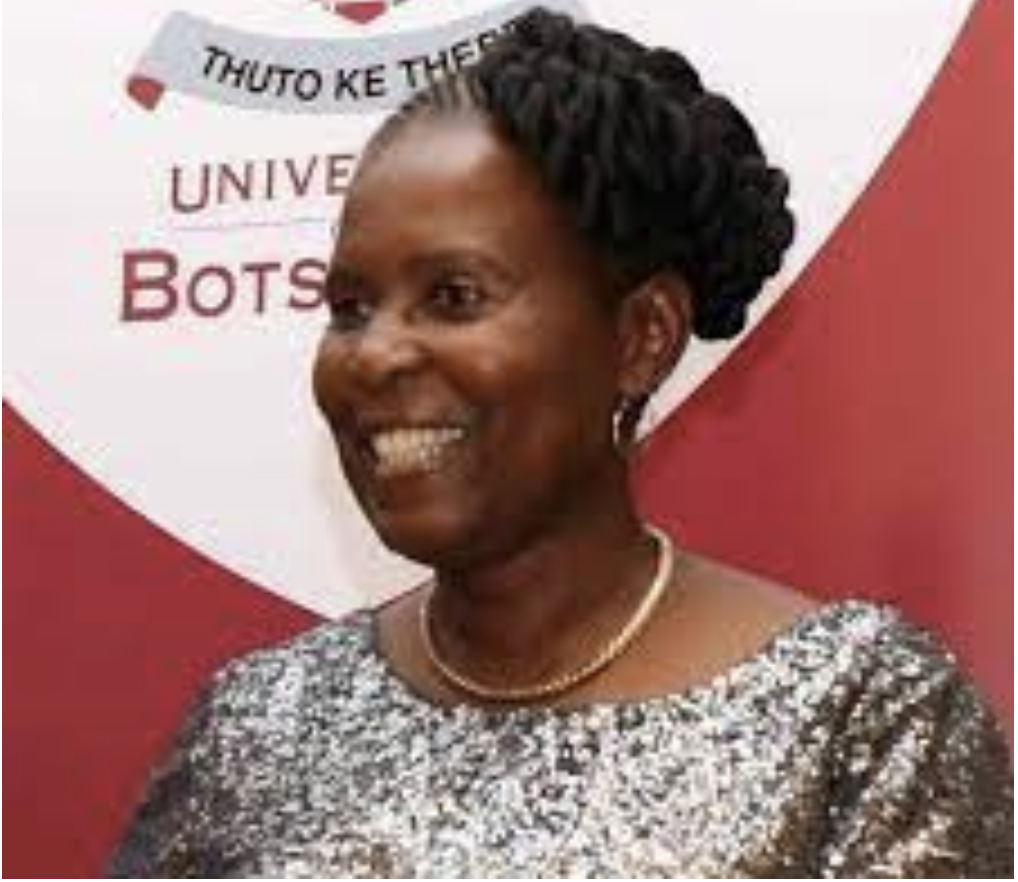
Professor Bagele Chilisa, Ed.D- University of Botswana, Africa
Professor Chilisa is a highly accomplished post colonial scholar, researcher, and educator from Botswana who specializes in community-based research and indigenous knowledge, having authored numerous publications and received multiple awards for her work.
Dr. Molefi Kete Asante, Ph.D- Temple University, USA
Dr. Molefi Kete Asante, the author of 100 books is the most published African American scholar, and is professor at Temple University. Among his works are The Afrocentric Manifesto, The History of Africa, Facing South to Africa, and Being Human Being: Transforming the Race Discourse. His interests include language, history, philosophy, multiculturalism, and Afrocentricity. Asante has directed over 140 Ph.D. dissertations, and received numerous awards and honorary doctorates for his scholarship and community activism.

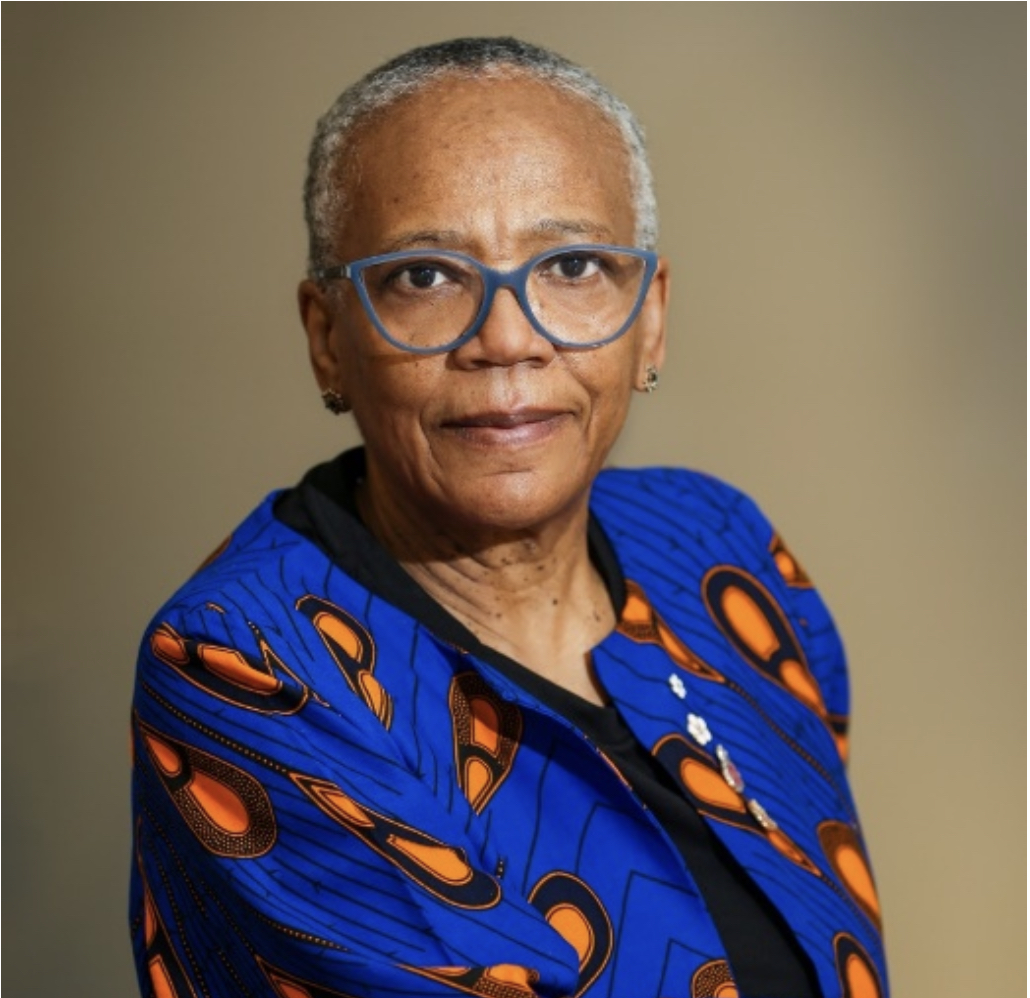
The Honourable Dr. Wanda Thomas Bernard, Ph.D, C.M., O.N.S. Senator – East Preston, Nova Scotia
The Honourable Dr. Wanda Thomas Bernard is a highly respected social worker, academic, and community activist. She has made significant contributions to Africentric theory and practice, mental health, rural community practice, and promoting diversity in political processes, while also being recognized with several honors for her work and community leadership.
Dates
Abstract submission deadline
April 21st , 2023
Registration deadline
May 19th , 2023
Conference dates
May 25th – May 27th , 2023
Registration Opens
April 21st , 2023
Extended Abstract Submission Deadline
April 28th, 2023
African Nova Scotian Communities Tour
May 26th , 2023
Submissions
The conference welcomes abstracts that are empirical, theoretical, and practice-based. We encourage submissions from scholars, educators, researchers, students, community activists, and advocates from diverse disciplinary backgrounds, including but not limited to education, social work, psychology, sociology, history, anthropology, cultural studies, and Africana studies.
Abstracts should be between 250-300 words and should include the title of the paper, the author(s) name, affiliation, email address, and a brief bio. Abstracts should be submitted via email to acsubmissions@dbdli.ca no later than 28th April 2023. Selected presenters will be notified of their acceptance within 15 days of submission. Presentations at the conference can be either in-person or virtual. Selected presenters need to register for the conference.
There is potential to convert these abstracts to full-length papers for publishing in the inaugural issue of the International Journal of Africentric Research post-conference. We look forward to receiving your abstracts and engaging in meaningful discussions that center on Africentric perspectives and promote radical transformation through an Ubuntu-inspired mindset.
Venue
The conference will be hosted at St. Francis Xavier University, Antigonish, Nova Scotia, Canada.
Over the last decade Antigonish has emerged as one of the most hidden gems of Nova Scotia opulent with diverse cultures and much more to be explored, see townofantigonish.ca & antigonishcounty.ca
Antigonish County is located in the province of Nova Scotia, in the country of Canada, on North America’s Atlantic Ocean Coast. Nova Scotia is one of the Maritime Provinces, as well as one of the Atlantic Provinces, of Canada. The County is centrally located between Moncton New Brunswick, Halifax and Sydney Nova Scotia. It serves as the gateway to Cape Breton Island, via the Canso Causeway and is conveniently located, with easy access to the major port facilities on both the island and mainland sides of the Strait of Canso, the deepest ice-free port in North America, as well as to Goldboro, Guysborough County, where the Maritimes & Northeast Pipeline intersects with the subsea natural gas pipeline from the Sable Offshore Energy Project and the site of the proposed Keltic Petrochemicals complex.
- The communities of Antigonish County are easily accessible from the Trans-Canada Highway 104, which runs between the New Brunswick/Nova Scotia border and North Sydney (on Cape Breton Island) in Nova Scotia, via exits 30-39.
- You can also travel through County via Route 4 between Pictou County (at Marshy Hope – exit 29A) and the Canso Causeway, or, by following the Sunrise Trail, one of Nova Scotia’s Scenic Travelways, along the Northumberland Strait and St. George’s Bay.
- If you are following the Marine Drive, along the eastern shore of Nova Scotia, you can travel to Antigonish County, from Guysborough County, via Route 7, Highway 316, Route 16 or Highway 344.
Connections
Ferry services
- Nova Scotia « » Newfoundland – Operates from North Sydney
- Nova Scotia « » Prince Edward Island – Operates from Pictou
- New Brunswick « » Maine, USA – Operates from Digby and Yarmouth
Airports
Halifax International, Sydney and Greater Moncton International Airports are well served by major airlines. Antigonish County is located less than two hours from the Halifax International Airport.
Trains
Transcontinental Passenger Train service to and from Nova Scotia is provided by Via Rail, with the closest station being located at Truro, NS.
Buses
Passenger bus service in the Maritime Provinces is provided by Acadian Lines.
St. Francis Xavier University
4130 University Ave, Antigonish, NS B2G 2W5
Click here to discover more about Antigonish.
Conference Schedule
AC 2023 promises to be an informative and engaging experience, bringing together experts from various fields to discuss current topics and share insights.
Please note that this schedule is subject to change and will be updated as we approach the conference date. We encourage you to check back periodically for any updates and to plan your attendance accordingly.
We look forward to welcoming you to the conference and hope that this agenda will help you prepare for a productive and enjoyable event.
Hotels
Here are some nearby hotels, there are many others.
Partners
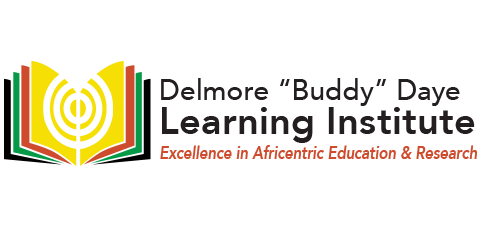
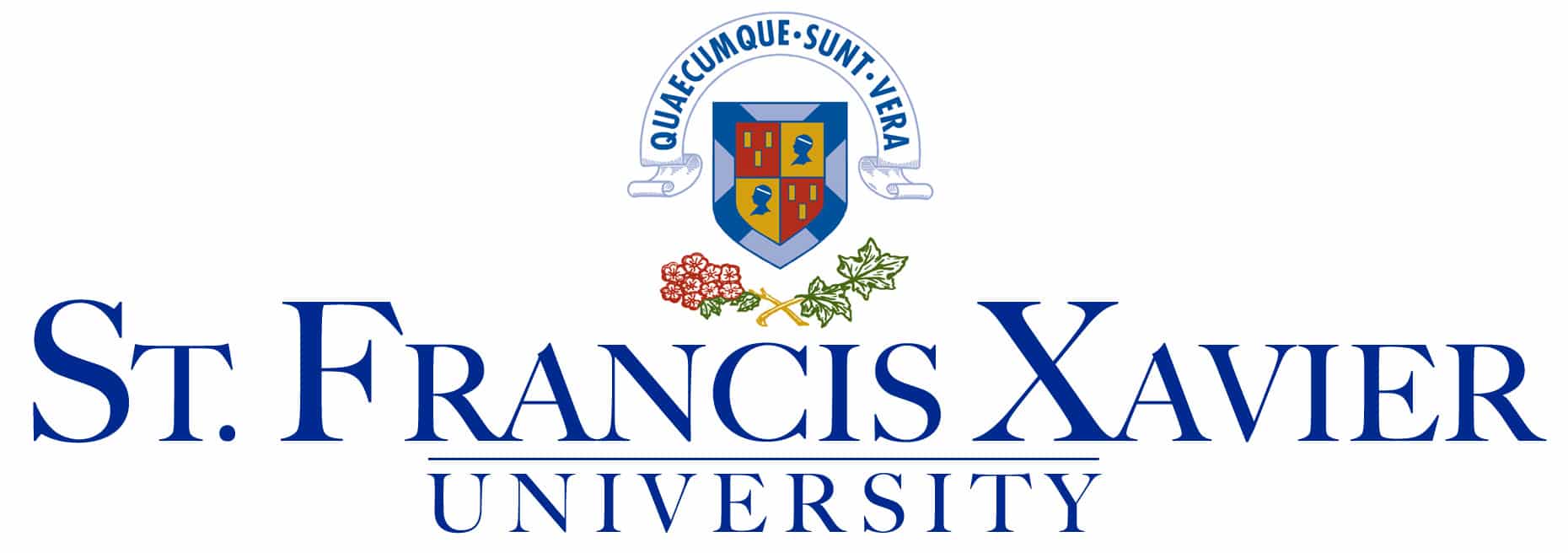
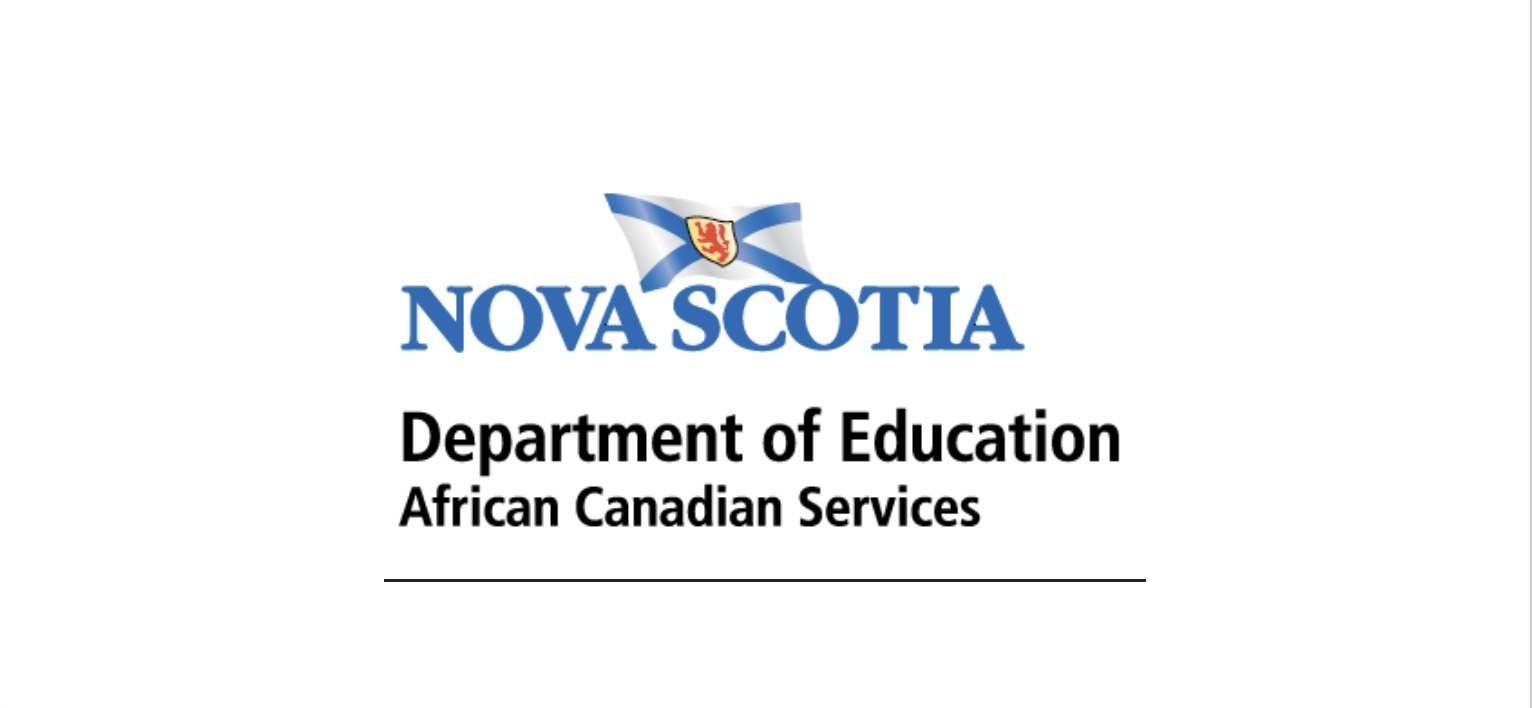

Committees
Conference Chair
Program Committee
Local Organization Committee
Review Committee
Session Chairs
IT
How to Contact the Organizers
Email is the best way to reach us.
The phone is available for emergency
